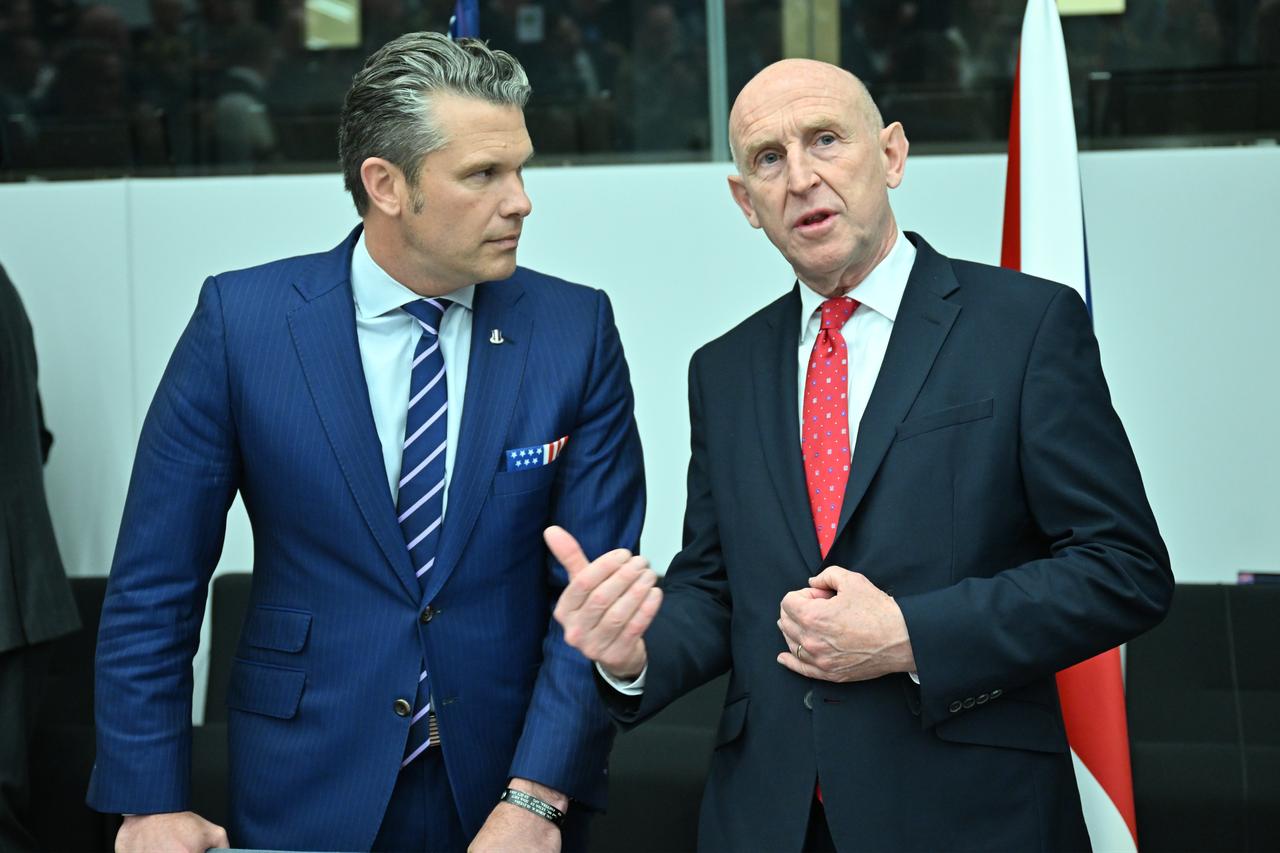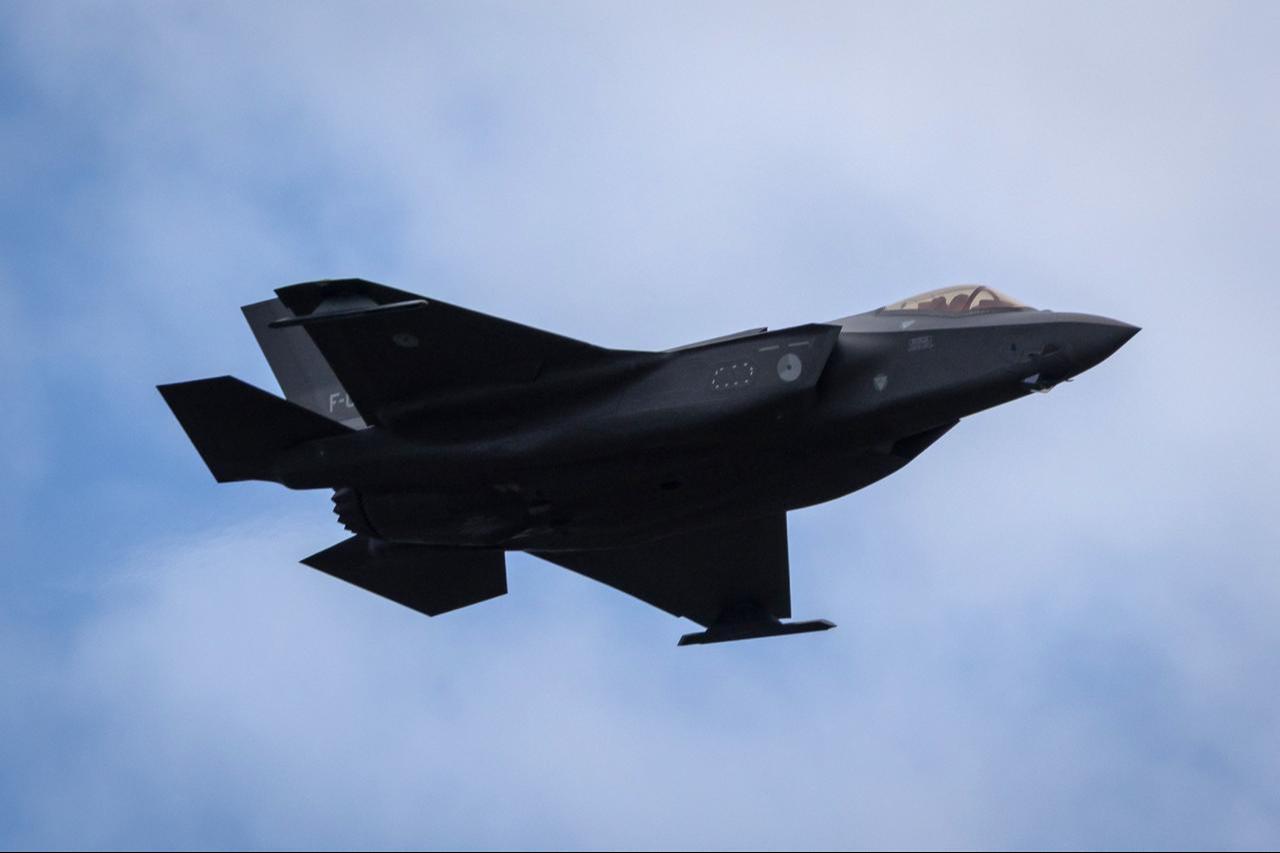
The Scottish National Party (SNP) has condemned remarks by U.K. Defense Procurement Minister Luke Pollard, who said Scottish independence would weaken Britain’s defenses and hand Russian President Vladimir Putin a “win.”
Speaking to Scottish journalists in London, Pollard argued that removing the U.K.’s nuclear deterrent from Scottish waters, a long-standing SNP policy, would make Britain less secure. “The thing that (Russian President Vladimir) Putin fears most about the U.K. is our nuclear deterrent,” he said. “So why make the argument that gives Putin a win? That removes jobs and makes Britain less secure?”
He added that, from the Kremlin’s perspective, any weakening of the U.K.’s defense posture would be a success: “If I were sitting in the Kremlin and looking at the nation leading support for Ukraine and the Baltic states, and there was a way to erode its defense capabilities, I would regard that as a win.”
SNP defense spokesperson Dave Doogan sharply criticized Pollard’s comments, calling them “unbelievably crass” and accusing the Labour minister of using the war in Ukraine for political purposes.
“It is unbelievably crass that a Labour minister is using Putin’s illegal invasion of Ukraine as a political attack,” Doogan said. “Successive Westminster governments have committed billions to nuclear bombs while cutting conventional troop numbers. It is conventional defence forces that will protect us from the threats we face today, not weapons of mass destruction on the Clyde.”
Doogan added that an independent Scotland could play an active role within NATO, similar to non-nuclear members such as Norway, Finland, and Denmark. “Scotland’s existing multibillion-pound contribution to UK defense would be far better spent equipping an independent Scotland with the personnel and materiel we need to play our key role in NATO,” he said.

The Scottish government recently reaffirmed its commitment to removing nuclear weapons from its territory in a post-independence scenario. A policy paper released earlier this month proposed that this stance be enshrined in an interim written constitution.
Pollard, however, warned that such a move would harm national security and cost defense jobs, adding: “These are good, well-paid jobs, and it’s a surprise we’re not seeing the Scottish Government lean into the opportunities that exist around Rosyth and the Clyde.”
Pollard’s remarks coincided with an announcement by Scottish Secretary Douglas Alexander of a £177 million ($235.69 million) defense export deal between Saab and the Royal Thai Air Force. Under the agreement, Leonardo in Edinburgh will produce radar systems for Gripen fighter jets.
Alexander described the deal as “further proof that Scotland is globally recognized as a center of defense excellence,” noting that U.K. government backing helped secure the project amid strong international competition.